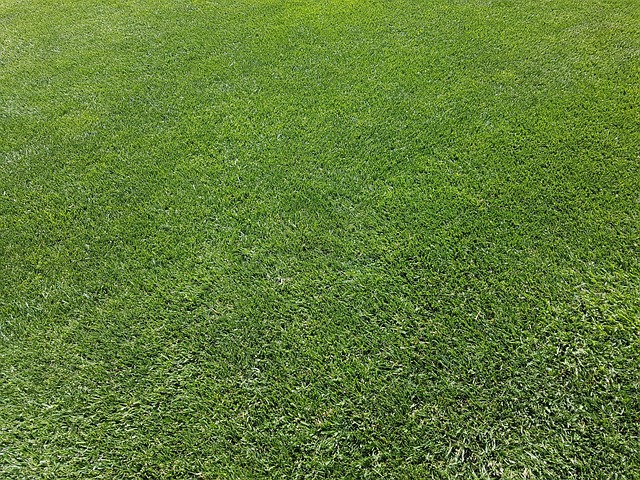Yard waste, a significant contributor to municipal solid waste ending up in landfills, can be sustainably managed through composting, mulching, and biofuel production. Homeowners can reduce their environmental impact by adopting practices like home composting and repurposing yard materials. Community initiatives and support from local governments further promote eco-friendly yard care, encouraging greener landscaping and water conservation for a healthier environment. Implementing these solutions not only reduces ecological footprints but also fosters sustainable practices in Yard Waste Removal and Recycling.
In today’s eco-conscious world, responsible yard maintenance is more important than ever. This article explores how to minimize your environmental impact through sustainable yard waste removal and recycling practices. We delve into effective strategies for managing yard waste at home, from composting to repurposing, empowering individuals to make eco-friendly choices. Additionally, we examine community engagement and local initiatives that promote sustainable yard care, highlighting the collective efforts towards a greener future.
- Understanding Yard Waste Impact and Sustainable Solutions
- Effective Strategies for Recycling Yard Waste at Home
- Community Engagement and Local Initiatives for Sustainable Yard Care
Understanding Yard Waste Impact and Sustainable Solutions

Understanding Yard Waste Impact and Sustainable Solutions
Yard waste, from clippings and leaves to branches and grass trimmings, contributes significantly to municipal solid waste streams. Traditionally, much of this organic material ends up in landfills, where it decomposes anaerobically, producing greenhouse gases like methane that accelerate climate change. However, adopting sustainable yard maintenance practices can substantially mitigate these environmental impacts.
Sustainable solutions for yard waste removal and recycling include composting, mulching, and using yard waste as biofuel. Composting turns organic matter into nutrient-rich soil amendments, improving soil health and reducing the need for synthetic fertilizers. Mulching recycles material back into the landscape, retaining moisture, suppressing weeds, and enhancing soil structure over time. Biofuel production from yard waste can contribute to renewable energy generation, further diverting materials from landfills. Embracing these practices not only reduces environmental footprints but also fosters a more resilient and ecologically balanced outdoor environment.
Effective Strategies for Recycling Yard Waste at Home

Recycling yard waste at home is an excellent way to reduce waste and contribute to a more sustainable environment. Instead of relying on traditional yard waste removal methods, which often involve sending materials to landfills, homeowners can implement several effective strategies. One simple approach is to compost organic materials like leaves, grass clippings, and food scraps. Composting not only diverts waste from landfills but also creates nutrient-rich soil amendments that can be used to enhance garden health.
Another sustainable practice is to repurpose yard waste creatively. For instance, wood chips made from tree prunings can be used as a natural mulch in gardens, suppressing weeds and conserving moisture. Sticks and branches can be turned into kindling for fires or even crafted into decorative pieces. Additionally, leaving some clippings on the lawn as mulch allows for a natural breakdown of organic matter, enriching the soil over time. These strategies not only reduce yard waste removal costs but also foster a more eco-conscious lifestyle.
Community Engagement and Local Initiatives for Sustainable Yard Care

Community engagement plays a vital role in fostering sustainable yard care practices. Encouraging local initiatives such as neighborhood garden clubs or community compost programs can significantly reduce environmental impact. These groups can organize events for proper Yard Waste Removal and Recycling, ensuring organic materials are processed responsibly rather than ending up in landfills. By promoting knowledge sharing and collaborative efforts, residents can learn about eco-friendly landscaping techniques, native plant gardening, and water conservation methods.
Local governments and community organizations often lead the way with sustainable initiatives like offering free compost bins to residents or implementing curb-side recycling programs for yard waste. These measures encourage individuals to adopt greener habits, collectively contributing to a healthier environment. Through such collective efforts, communities can create a positive feedback loop, inspiring others to join in on promoting sustainable yard maintenance practices and fostering a more eco-conscious neighborhood.
By adopting sustainable practices in yard maintenance, we can significantly reduce environmental impact. Understanding the effects of yard waste on our ecosystem and implementing effective recycling strategies at home is a powerful start. Moreover, community engagement and local initiatives play a crucial role in fostering a greener, more responsible approach to yard care. Together, these efforts not only enhance our living spaces but contribute to a healthier planet. Let’s embrace these sustainable solutions for an eco-friendly future, ensuring proper yard waste removal and recycling as a collective responsibility.














